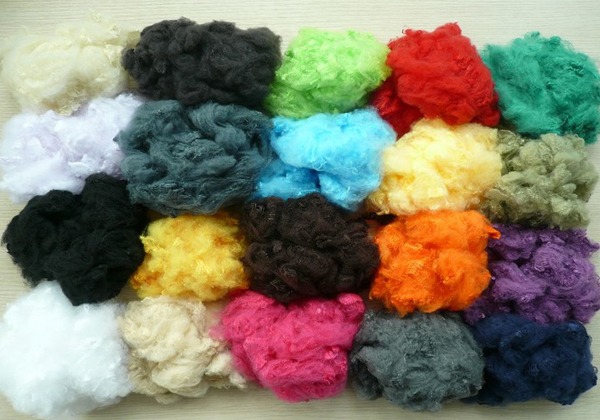ISLAMABAD: Polyester staple fibre (PSF) offers itself as a cotton substitute for the textile industry to sustain exports after the recent devastating floods cut a swathe through the crops standing over thousands of acres in the cotton-growing areas of Pakistan, reports WealthPK.
Basit Ali, a research associate at the Trade Development Authority of Pakistan (TDAP), told WealthPK that polyester staple fibre was the most important input raw material used after cotton in the textile industry. He said the recent flash floods devastated 40 percent of the standing cotton crop, adding that cotton import would cause another surge in the country’s import bill.
Basit said polyester, the most common synthetic fibre, had enormous growth potential. The decline in cotton production due to the flood and polyester’s durability and recyclability are just a few of the many factors creating potential growth opportunities for this sector.
He said the optimal use of PSF would help reduce cotton imports and sustain exports. He said the PSF industry’s total production capacity was 534,800 metric tons and there was a need to establish more units to increase the production capacity.
“PSF brings huge advantages to the textile industry as a viable substitute for cotton, allowing for maximum utilization of textile resources,” he said.
According to Basit, PSF utilization remains below 90 percent and its optimal utilization would help cater to the demand by substituting it with cotton.
The TDAP research associate said PSF input raw materials – p-xylene, ethylene glycol, and purified terephthalic acid – were imported at a price which increased the cost of production making it inefficient to use by the industry.
Basit suggested that the importers should consider alternative exporting nations offering low prices to Pakistan adding that Free Trade Agreement (FTA) and Preferential Trade Agreement (PTA) should be signed with the countries offering low price exports.
According to a TDAP report, the National Tariff Commission has effectively used all duties and tariffs in favour of the domestic industry. The Commission has made significant contributions to the growth of purified terephthalic acid industry, and imposed anti-dumping duties to protect the polyester fiber industry from foreign competition, it added.
In FY21, Pakistan’s average polyester industry size was worth around PKR109 billion, excluding recycled PSF. The industry is primarily driven by domestic sales, with exports accounting for a very small portion of total revenue. Historically, the turnover of the industry increased at a compound annual growth rate (CAGR) of 16% between FY17 and FY21.
In CY21, the global polyester market was valued at USD$106 billion, up from USD$104 billion in CY19. It is expected to grow at a 5.1% CAGR to USD$175 billion by the end of CY32.
Polyester filament, which is used in a variety of industries such as textiles, automotive, and healthcare, is expected to drive market growth.
-INP






